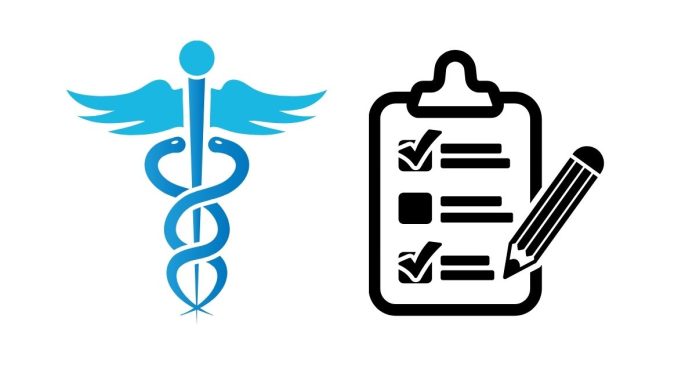Under HIPAA, What Are the Requirements That All Patients Are Provided With?
The Health Insurance Portability and Accountability Act (HIPAA) was established to protect the privacy and security of patients’ health information while ensuring they are informed about their rights. One critical aspect of HIPAA is ensuring that patients are provided with certain essential documents and information. But what exactly are these requirements? Let’s break it down.
1. Notice of Privacy Practices (NPP)
Under HIPAA, healthcare providers, health plans, and other covered entities must give patients a Notice of Privacy Practices (NPP). This document outlines:
- How a patient’s Protected Health Information (PHI) will be used and shared.
- The patient’s rights regarding their health information.
- How the patient can file a complaint if they believe their rights have been violated.
Patients must receive this notice at their first point of service or interaction, and they should acknowledge receipt, typically by signing a form.
2. Access to Their Health Information
HIPAA ensures patients have the right to access their medical records and other health information maintained by their healthcare providers. This includes:
- The ability to request copies of their health records, either in paper or electronic format.
- The right to inspect their records.
- A timeline: Providers must fulfill access requests within 30 days (or 60 days with an extension).
3. The Right to Amend Health Information
If a patient believes there is incorrect or incomplete information in their medical record, HIPAA allows them to request an amendment. While healthcare providers aren’t required to agree to every request, they must provide a written explanation if a request is denied.
4. Restrictions on Information Sharing
Patients have the right to request restrictions on how their PHI is used or disclosed. For instance, they can request that certain information not be shared with a specific person or entity. While covered entities are not always obligated to comply, they must honor restrictions when the patient pays out-of-pocket in full for a service and requests that related information not be disclosed to their insurance.
5. Confidential Communications
Patients can request that healthcare providers contact them in a specific way to maintain privacy. For example, a patient might request that appointment reminders be sent to an alternate phone number or email address. Providers are required to accommodate reasonable requests.
6. Breach Notification
In the event of a breach of unsecured PHI, patients must be notified. This notification should include:
- A description of the breach.
- What information was involved.
- Steps the patient can take to protect themselves.
- What the entity is doing to investigate and prevent future breaches.
Empowering Patients Through HIPAA
HIPAA is designed to protect patient rights and ensure transparency in how health information is handled. By requiring covered entities to provide clear information and granting patients access and control over their data, HIPAA builds trust and accountability in healthcare.
As a patient, understanding these rights helps you take an active role in your healthcare journey. Always feel empowered to ask your provider questions about your rights under HIPAA!


